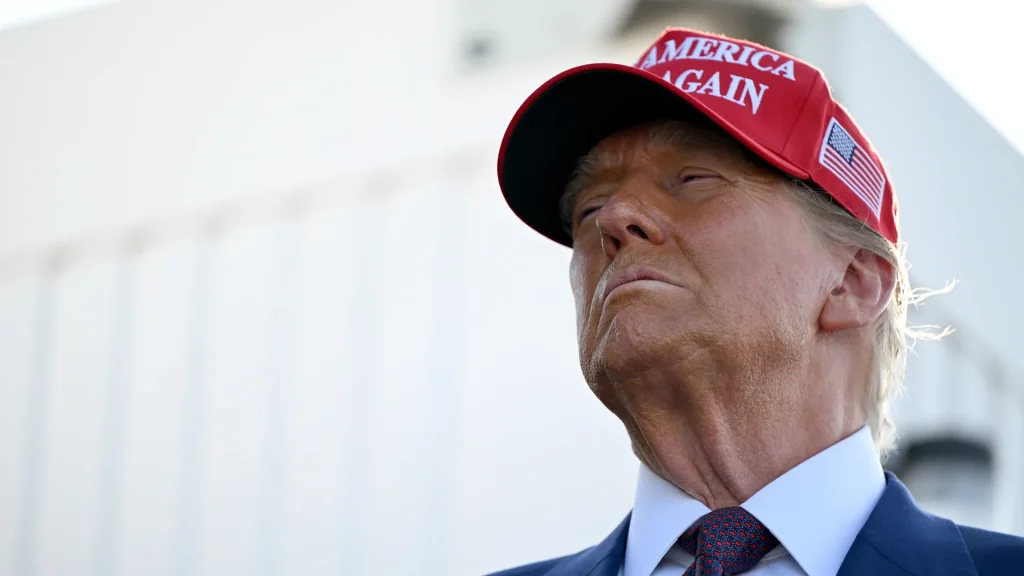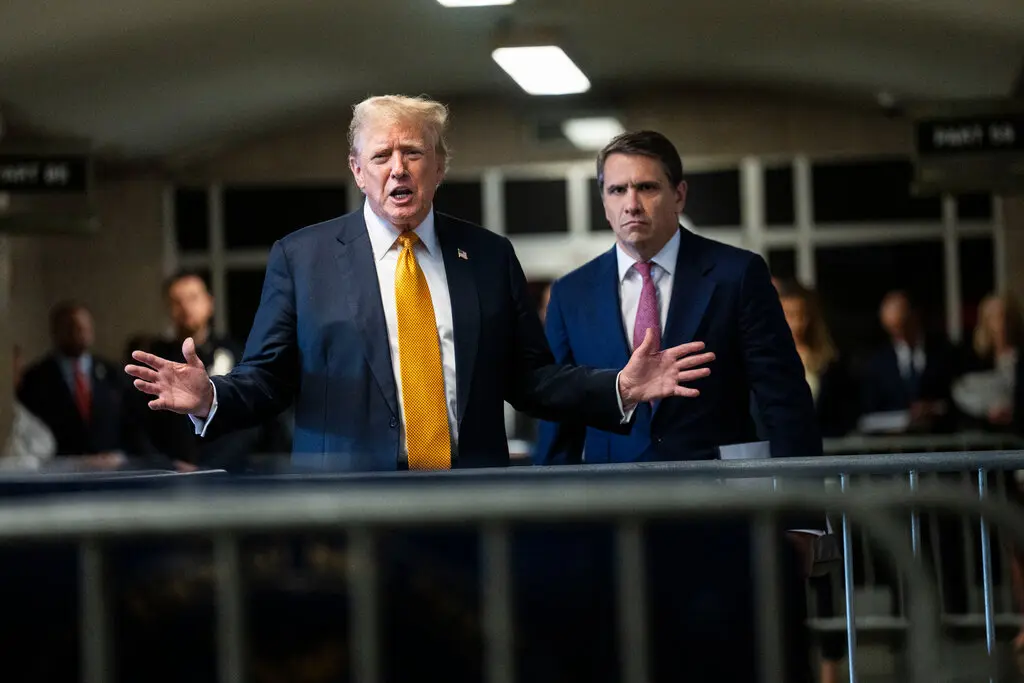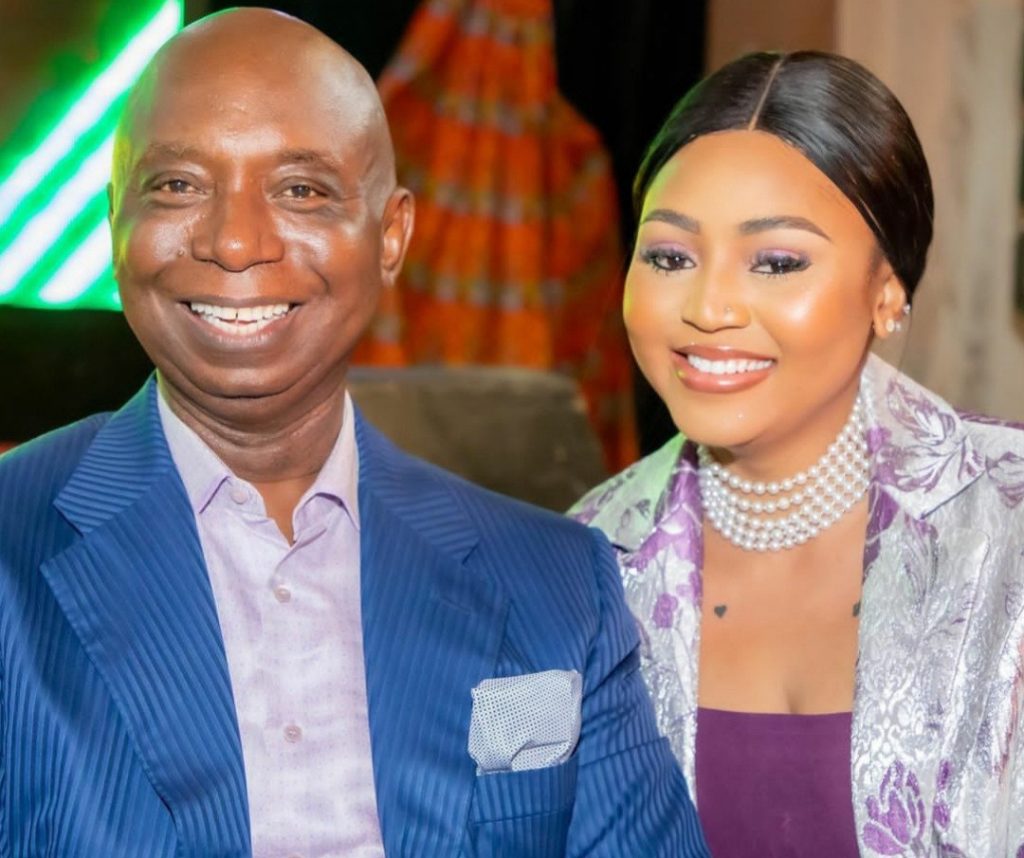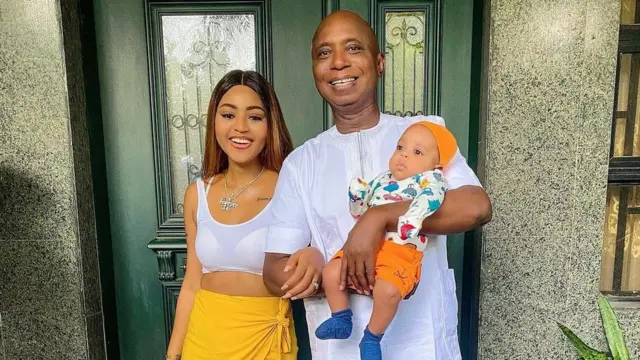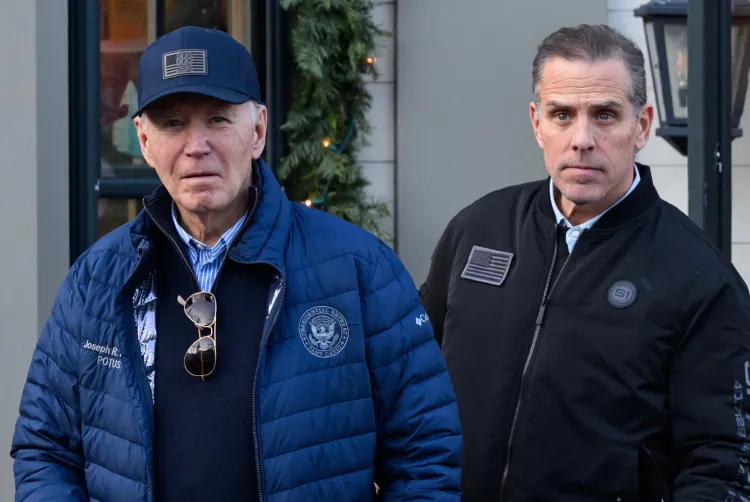What Trump’s Unconditional Discharge in the Hush Money Case Means
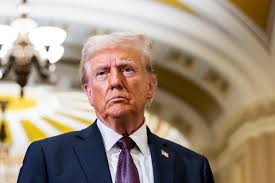
In the ongoing hush money case, former President Donald Trump recently received an unconditional discharge sentence, a pivotal moment in the legal battle concerning his alleged involvement in the 2016 presidential campaign payments to silence allegations of extramarital affairs. Understanding what this means requires examining the implications of an “unconditional discharge” in the context of criminal law, particularly as it pertains to Trump’s case.
An unconditional discharge is a legal term primarily used in criminal law, meaning the individual in question has been released from further legal proceedings or obligations without conditions. In Trump’s case, this discharge signifies that the court has decided that he will not face further charges or penalties related to the specific offense of paying hush money to former adult film star Stormy Daniels. While it may sound like a complete acquittal, it’s important to recognize that an unconditional discharge does not erase the legal consequences of the original charges, nor does it signal the end of all related legal challenges.
Trump’s involvement in the hush money scandal stems from his alleged efforts to facilitate payments in the run-up to the 2016 presidential election to prevent Daniels from publicly discussing their claimed affair. Prosecutors had argued that these payments were not only designed to prevent damaging stories from surfacing but were also part of a broader effort to influence the election outcome. The payments were made through his personal lawyer, Michael Cohen, who later pleaded guilty to charges related to these transactions, including campaign finance violations.
The discharge may be seen as a procedural victory for Trump, allowing him to move past these particular charges without facing trial or additional legal repercussions. However, it should be emphasized that this ruling applies only to the specific charges related to the hush money payments. Trump still faces several other legal battles, including ongoing investigations into alleged interference with the election process, obstruction of justice, and other criminal conduct linked to his tenure in office.
For Trump’s legal team, the discharge represents a step toward clearing his name of certain accusations. However, it doesn’t necessarily mean a clean slate. There are still civil suits and other investigations pending, some of which could lead to further legal consequences. It’s also possible that prosecutors could bring additional charges if new evidence emerges or if there are developments in related cases, like Cohen’s ongoing cooperation with authorities.
The implications of the discharge sentence also extend beyond the legal realm and into the political sphere. Trump’s detractors have long argued that his involvement in the hush money payments was an example of unethical and potentially illegal conduct. The unconditional discharge, therefore, may serve as a point of contention for both his supporters and critics, with each side interpreting the outcome through their own ideological lenses. For his supporters, the ruling could be seen as a vindication, demonstrating that the charges were without merit or political in nature. Conversely, for his opponents, it may be viewed as a sign that Trump is able to avoid full accountability, despite evidence suggesting otherwise.
The unconditional discharge also comes at a time when Trump is actively preparing for the 2024 presidential election, making the timing of the legal decisions even more significant. Many political analysts believe that his legal challenges may play a role in shaping his public image and political viability. While some argue that the discharge may allow him to focus on his campaign without the constant distraction of the legal case, others suggest that the lingering doubts over his legal troubles could erode public trust, especially if new charges arise or further investigations unfold.
In conclusion, Trump’s unconditional discharge sentence in the hush money case represents a legal development with mixed implications. While it may allow him to move past this particular set of charges, it does not mark the end of his legal battles. The discharge doesn’t clear him of all allegations, and he still faces numerous challenges both in the courtroom and on the campaign trail. This legal outcome will likely continue to be a source of debate and division, influencing both the political landscape and the broader discussions about accountability and the rule of law in the U.S.


